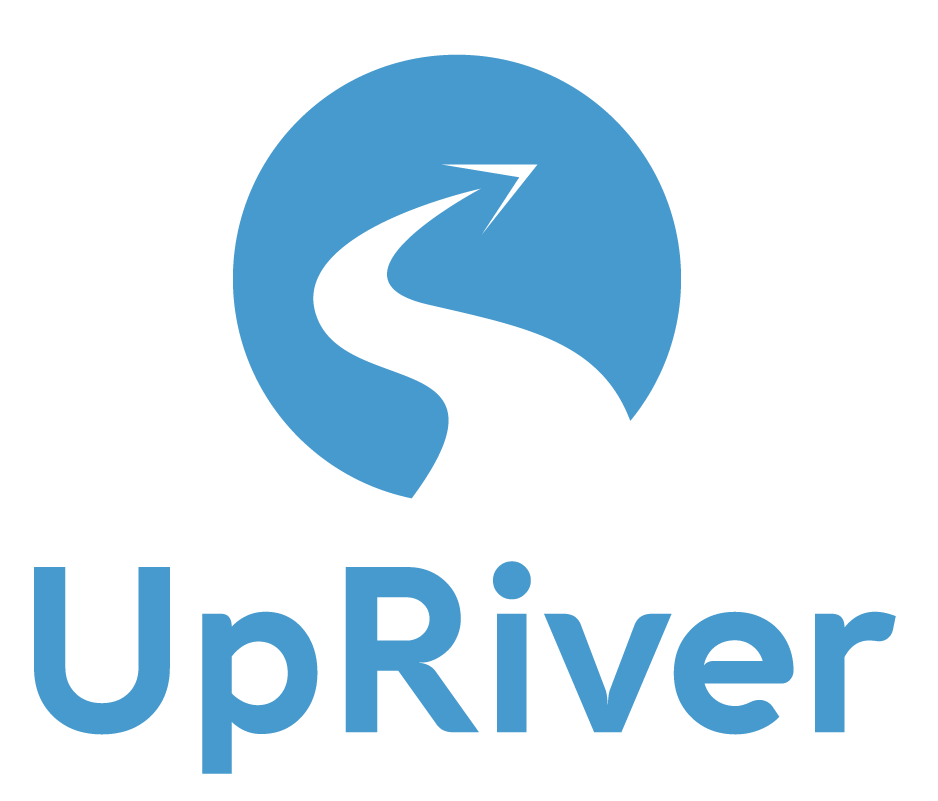- This topic has 6 replies, 3 voices, and was last updated 4 years, 7 months ago by
UpRiverMatt.
-
AuthorPosts
-
-
September 24, 2020 at 3:21 pm #1059
I’ve mainly used MyFitnessPal. It’s pretty great when it comes to tracking calories and nutrients as it has and extensive database of pretty much all foods that you would be able to find in a grocery store. Simply type in what you at for your meal and boom, the calories are added to your daily calorie count. It’s a godsend during those time where I want to shed a couple extra pounds.
As for what the app is missing it’s hard for me to really give a fair answer, as I’ve never managed to justify purchasing the premium version of the app, which by the looks of it has a whole whack of extra features that the free version that I do doesn’t.
It’s a little bit of a far fetched idea with the current state of things, but my dream fitness app would be one that uses some sort of iterative process to help you create the perfectly tailored diet for yourself. How I envision it working is something along the lines of this:
1) Throughout the week you eat your food as you regularly would, and log everything you eat into the app
2) At the end of every week the app surveys you based on multiple metric e.g. energy levels, sleep quality, emotional state, bowel movements, blood pressure, heart rate, body temperature, etc. Much of this data could potentially be collected automatically by integrating with various wearable technologies
3) The app would then use an algorithm to evaluate the food you ate against your bodily measurements and come up with suggestions of foods to add, remove or change in your diet.
4) You would repeat this process week to week, making little minor tweaks to your diet and having the app analyze the results until you would eventually converge on the “perfect” diet just for youI know, I know, this would be extremely difficult to pull off with any respectable level of efficacy as there are just seemingly infinite variables that you would have to account for, but hey, a guy can dream, can’t he!
I think something like this would really hit our tenets of Impact and Efficiency really hard, as it would allow users to rise about the noise and confusion of the nutritional world and easily make a diet that works really well for them specifically.
-
October 5, 2020 at 8:09 am #1111
Wow dude that would actually be something cool to aim for though.
As someone who’s diet changes from one extreme to the other, I’d get pretty happy about an app or program that was able to take all the various advantages I’ve learned from various eating regiments and show me which would be the best for me.
Great post, greg!
-
October 5, 2020 at 4:10 pm #1117
Thanks dude! Do you use any help apps yourself? I’d be interested to know what you look for in your ideal health app!
-
October 5, 2020 at 8:13 pm #1137
Awesome question Spencer and awesome answer Greg. I would seriously shoot for accomplishing that and continue to optimize it as I believe something like this input (diet, sleep schedule, etc.) ==> biomarker/bioquantification output feedback loop will be the future of medical care.
Right now, I am doing this (badly) by myself with my own devices and recordings, but boy oh boy would I like something else to do it for me!
I use a red light setting on my phone, the oura app, and cronometer on my web browser for nutrition tracking. I honestly don’t really find many bio apps worth using right now! The only one I have is the Oura app.
-
October 20, 2020 at 8:33 am #1147
Yeah, Oura is sweet. Sometimes though, do you find that you have no idea what to do with the metrics? I feel like sometimes its beyond what the average consumer really needs… but then again, the oura ring isn’t really something the average consumer owns haha. I guess its really just us nerds.
¯\_(ツ)_/¯
What do you think, Matt? And how do you use the metrics to improve your sleep, personally?
-
October 20, 2020 at 9:03 am #1148
Sometimes I think that haha. I find now though after using it for about a year, I know my benchmarks for resting heart rate, heart rate variability, sleep efficiency, restfulness, deep sleep %, and REM % so I use those as a gauge. I also have developed a pretty good sense of when I have a bad sleep vs. a good one, and always check to see if my intuition matches the app. It makes it very obvious when my sleep was sub-par, whereas before I wouldn’t be nearly as sure or even aware that I didn’t sleep well.
I usually notice patterns between what I do the night before and how well I sleep. I’ve learned things like don’t eat a lot within 2 hours of bed time, preferably 3, or my resting heart rate will be about 10 beats higher than it should, and I’ll feel the difference the next day. I’ve also noticed more obvious things like when I don’t wind down for a while before bed, I don’t fall asleep nearly as easily, and my sleep graph looks much worse. I know now what a good sleep graph looks like.
My overall goal with the metrics is to get a consistently high score in the areas I know are important so far including HR, HRV, how the sleep graph looks, and restfulness which are all usually pretty related.
-
-
AuthorPosts
- You must be logged in to reply to this topic.
